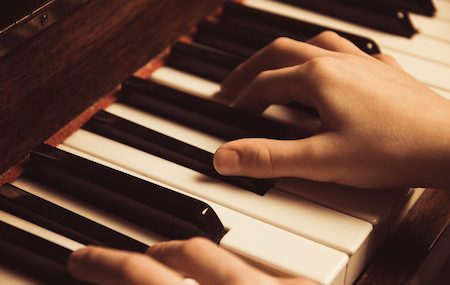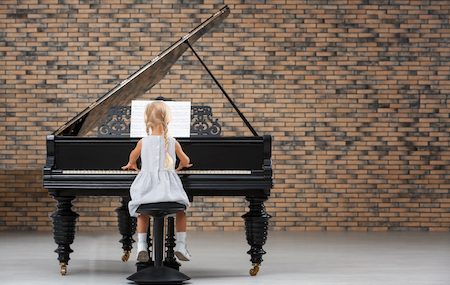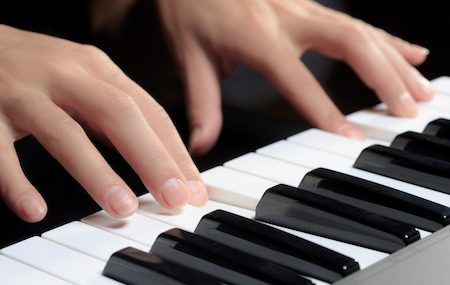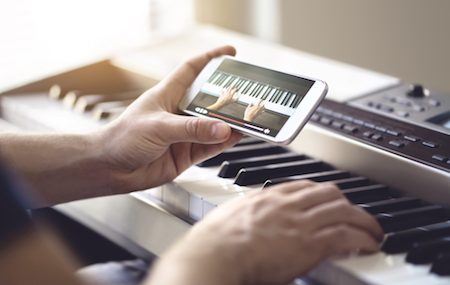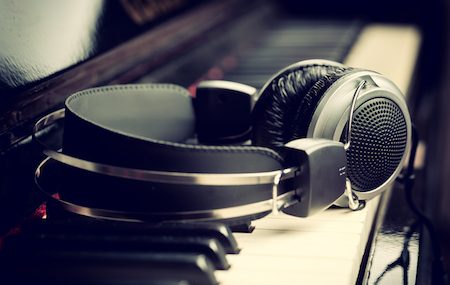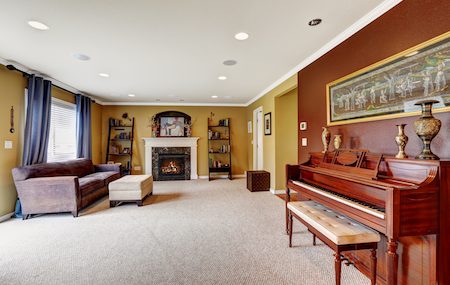What’s the most important class your child can take in school? Reading? Math? Science?
Our current school system tells us the sciences are most important. We’re pushing kids harder than ever towards STEM related subjects.
And in order to have time for STEM classes, other classes have to go by the wayside. Music has been one of them, but that might not be a good thing. An article from the American Musical Conference stated that 66 percent of music majors who applied to medical school were accepted. Compare that with 44 percent of biochemistry majors.
Why is that?
Music stimulates the brain
If you do any research at all on how music impacts the human brain, it won’t take you long to discover the benefits. Music allows you to be more engaged with those around you. It improves memory. It increases reading comprehension. It helps with language skills. It makes you a better reader. Hands down, music is one of the key ways to make you a more well-rounded learner.
Why are we taking that away from the school systems when it goes hand in hand with STEM learning?
Music is a connection with people, with culture
When a certain song comes on the radio, does it transport you back in time? Can you relive a moment just with a few notes? That’s how powerful music can be. It connects us to people and places. It grounds us into our communities. That’s what ties us together as a culture. And it’s what gives us memories for a better future.
Music teaches discipline
Don’t think for a moment that learning music is easy. It’s not. It’s one of the most difficult subjects you can master. It’s also one of the most satisfying. Yes, you can sit down at a piano and plunk out a tune. But to master it takes skill and practice. And that means dedication to regular piano playing, advancement through training, and the ability to keep trying as it increases in difficulty. The more you play, the more rewarding it can feel.
Music relieves stress
The one thing we’ve been learning through stay in place is just how important hobbies can be. Our culture shouldn’t just be about work. We need stress relievers too. And music is one of the most excellent sources of stress relief. It’s a way to sit down, put all your worries aside to really get into your music and listen to the sounds. You can feel the stress slip away, even if it’s just for a moment.
We have a choice as we move forward. Should our world get back to what’s important? Should music education become an important part of our future? How about for your family?
